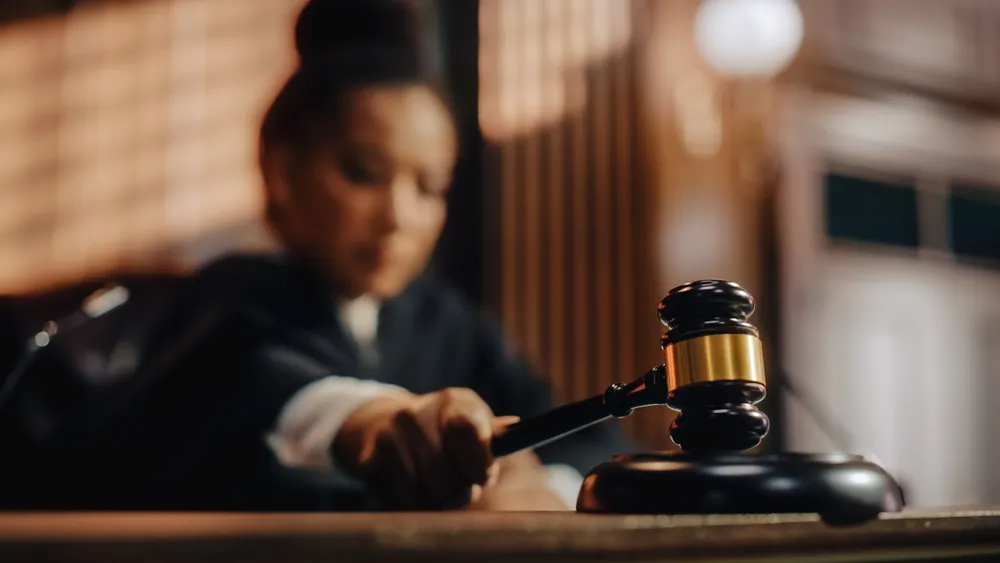The intersection of addiction and the law is complex, involving a range of issues from criminal charges to employment discrimination and access to addiction treatment. Understanding your legal rights is crucial for navigating the system effectively and ensuring that you receive the support and fair treatment you deserve during recovery.
The Legal Implications of Addiction
Addiction can lead to various legal consequences, particularly when it involves substances that are illegal or when substance use results in behavior that violates the law. Common legal issues include possession of controlled substances, driving under the influence (DUI), public intoxication, and other criminal activities linked to addiction, such as theft or assault. These legal problems can have lasting repercussions, including incarceration, fines, loss of employment, and a criminal record that may hinder future opportunities.
However, it is important to recognize that individuals struggling with addiction have certain legal rights, especially when it comes to accessing addiction treatment and navigating the criminal justice system. Being aware of these rights can help individuals avoid unjust penalties, secure necessary treatment, and work toward rehabilitation rather than punishment.
Right to Access Addiction Treatment
One of the most critical legal rights for individuals dealing with addiction is the right to access treatment. Under the Americans with Disabilities Act (ADA), addiction is recognized as a disability, which means that individuals with substance use disorders have the right to reasonable accommodations in the workplace, access to public services, and protection against discrimination. This includes access to addiction treatment programs, both in the community and within the criminal justice system.
For example, individuals who are incarcerated may still have the right to receive addiction treatment while in prison. Denying necessary medical care, including addiction treatment, can be considered a violation of the Eighth Amendment, which prohibits cruel and unusual punishment. In some cases, courts have ruled that failure to provide adequate treatment for addiction in prisons constitutes deliberate indifference to an inmate’s medical needs.
Additionally, many states have established drug courts as an alternative to traditional criminal courts. Drug courts focus on rehabilitation rather than punishment, offering individuals the opportunity to receive addiction treatment in lieu of incarceration. Participants in drug court programs are required to attend treatment sessions, submit to regular drug testing, and adhere to strict guidelines, but successful completion of the program can result in reduced or dismissed charges.
Legal representation is crucial for individuals facing criminal charges related to addiction. An experienced attorney can help negotiate plea deals, advocate for alternative sentencing options such as drug court or probation, and ensure that the individual’s legal rights are protected throughout the process. In some cases, attorneys may also be able to help expunge or seal criminal records related to addiction, which can improve future employment and housing opportunities.
Understanding these rights is crucial for navigating the complexities of addiction and the law and for securing the support needed to achieve long-term recovery. By advocating for their rights and seeking appropriate legal representation, individuals can better manage the legal challenges associated with addiction and work towards rebuilding their lives.
Keep an eye for more latest news & updates on Buzz Slash!




